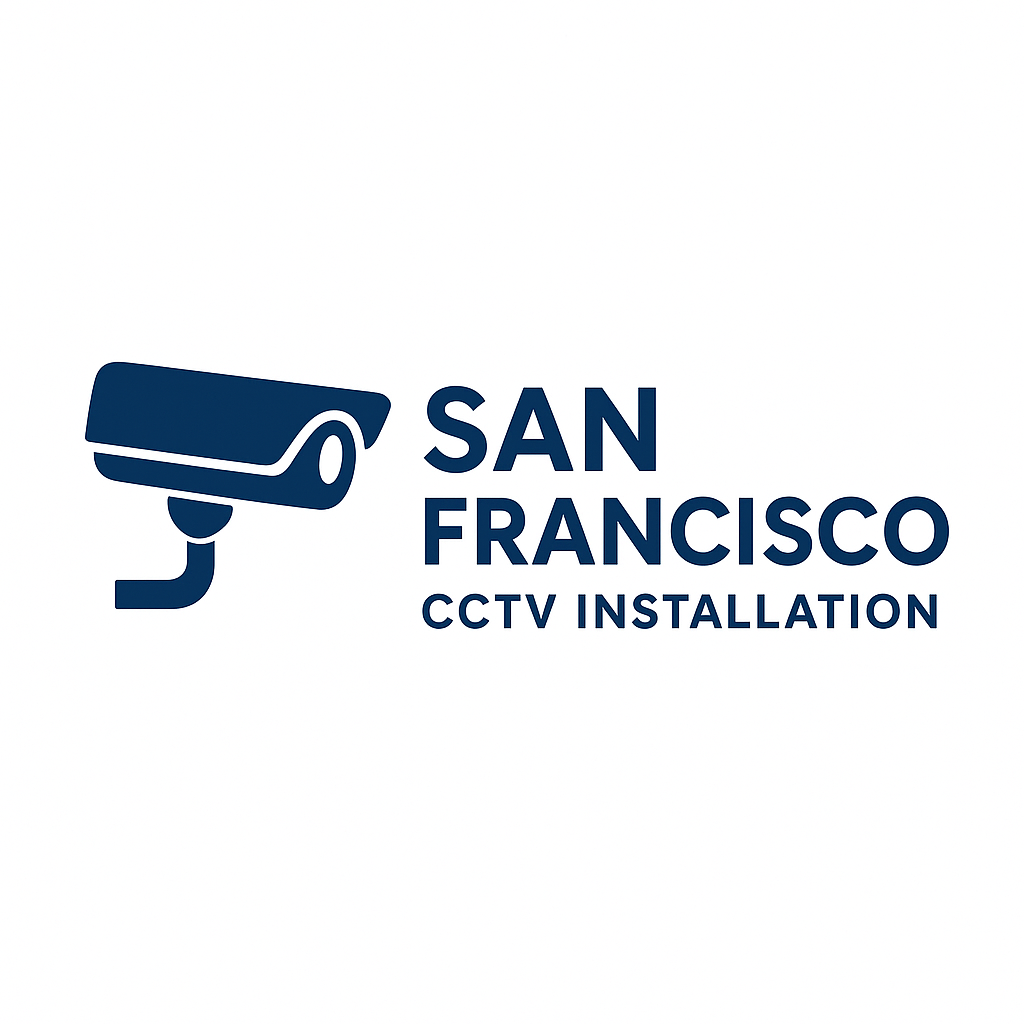What Are the Dangers of CCTV Cameras? Security & Privacy Risks
Modern security systems are widely adopted across homes, businesses, and public spaces, with professional services like CCTV Installation San Francisco providing reliable solutions. While CCTV is praised for its ability to deter crime and record incidents, it also brings serious risks. To make informed decisions, it’s important to ask: What are the dangers of CCTV cameras?
Privacy Violations and Legal Risks
CCTV cameras can capture footage of individuals without their consent, leading to privacy disputes. In some regions, strict regulations dictate where cameras can be placed and how footage can be stored. Unauthorized or careless monitoring could result in legal consequences, fines, or even lawsuits.
Cybersecurity Vulnerabilities
Network-enabled CCTV systems can be hacked if not properly secured. Attackers may gain remote access, manipulate footage, or disable cameras entirely. Poorly protected systems with weak passwords or outdated firmware are particularly at risk, potentially exposing sensitive environments to criminals.
High Costs and Hidden Expenses
Beyond installation, CCTV cameras require ongoing maintenance, secure storage solutions, and upgrades. Cloud storage and software licenses add recurring costs, and failing to invest in updates may leave the system vulnerable to both technical and security problems.
False Sense of Security
Many people believe that CCTV systems automatically guarantee safety. However, cameras do not stop crimes from happening—they only record them. Blind spots, poor lighting, or inactive systems may still leave properties vulnerable, giving owners a false sense of protection.
Technical Limitations and Failures
CCTV performance can be undermined by environmental and mechanical issues:
- Poor lighting or extreme weather can reduce visibility
- Cameras may malfunction or fail without notice
- Recording devices can become corrupted, leading to lost footage
Relying solely on CCTV without backup security measures increases risk.
Ethical and Social Concerns
Constant surveillance can lead to ethical debates. Over-monitoring may create environments of distrust, discourage free expression, or result in discriminatory practices if used to target specific groups unfairly. Without transparent policies, communities may view CCTV as invasive rather than protective.
Misuse and Abuse of Surveillance Footage
When not properly controlled, CCTV footage may be exploited for personal gain, harassment, or unauthorized sharing. Employees or third parties with access to recordings might misuse data, highlighting the importance of access control and accountability.
Best Practices to Reduce Risks
Although CCTV systems have dangers, proper safeguards can reduce vulnerabilities:
- Regularly update firmware and use strong, unique passwords
- Encrypt video data to protect against interception
- Conduct routine maintenance checks on cameras and storage systems
- Train authorized staff on ethical usage policies
- Supplement CCTV with alarms, locks, and physical security measures
Conclusion
While CCTV remains a valuable tool for security, it is not without risks. The dangers of CCTV cameras range from privacy violations and cyber threats to social and ethical concerns. To use them responsibly, organizations and homeowners must recognize.
